Integrated Emergency Services
Program Services
IFNA is currently transitioning from Emergency Operations to Integrated Emergency Services. We envision a future where there is equitable, immediate access to all life saving emergency services for each IFNA community member.
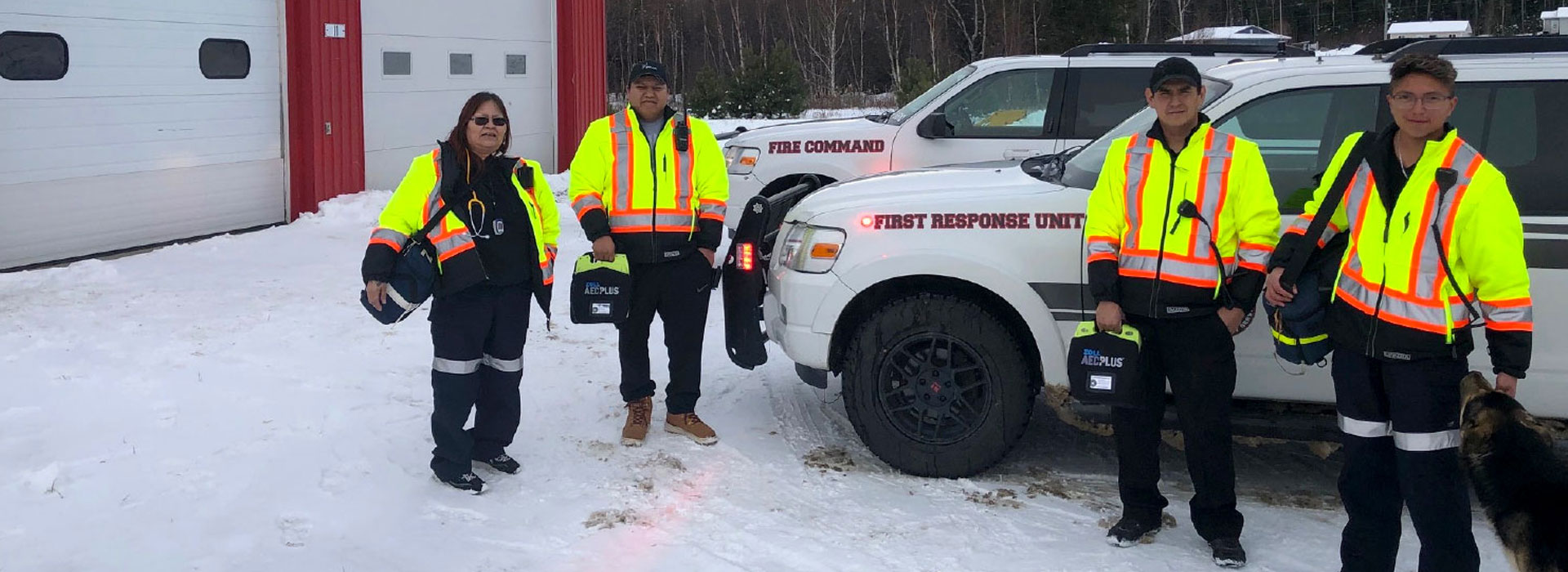
24/7 Emergency Response Operations
In efforts to ensure that there are emergency response capabilities around the clock, the IFNA Integrated Emergency Services staff have developed two services: the Emergency Operations Center (EOC) and deployable Incident Management Teams (IMTs). The 24/7 response is also in the process of adding additional capacity such as structural and forest fire capacity, as well as medical response as part of an all-hazards Incident Management Team approach.
Emergency Operations Center (EOC)
- Prepared for high level coordination of external resources in the event of an emergency;
- Liaison to the Provincial Emergency Operations Centre (PEOC) in order to support communities facing a crisis or disaster that overwhelms their local capacity.
Incident Management Teams (IMT’s)
- Able to deploy to the community or evacuation site as part of the IFNA EOC activation;
- Provides “boots on the ground” support in the form of incident command, operations, planning, logistics, administration and finance.
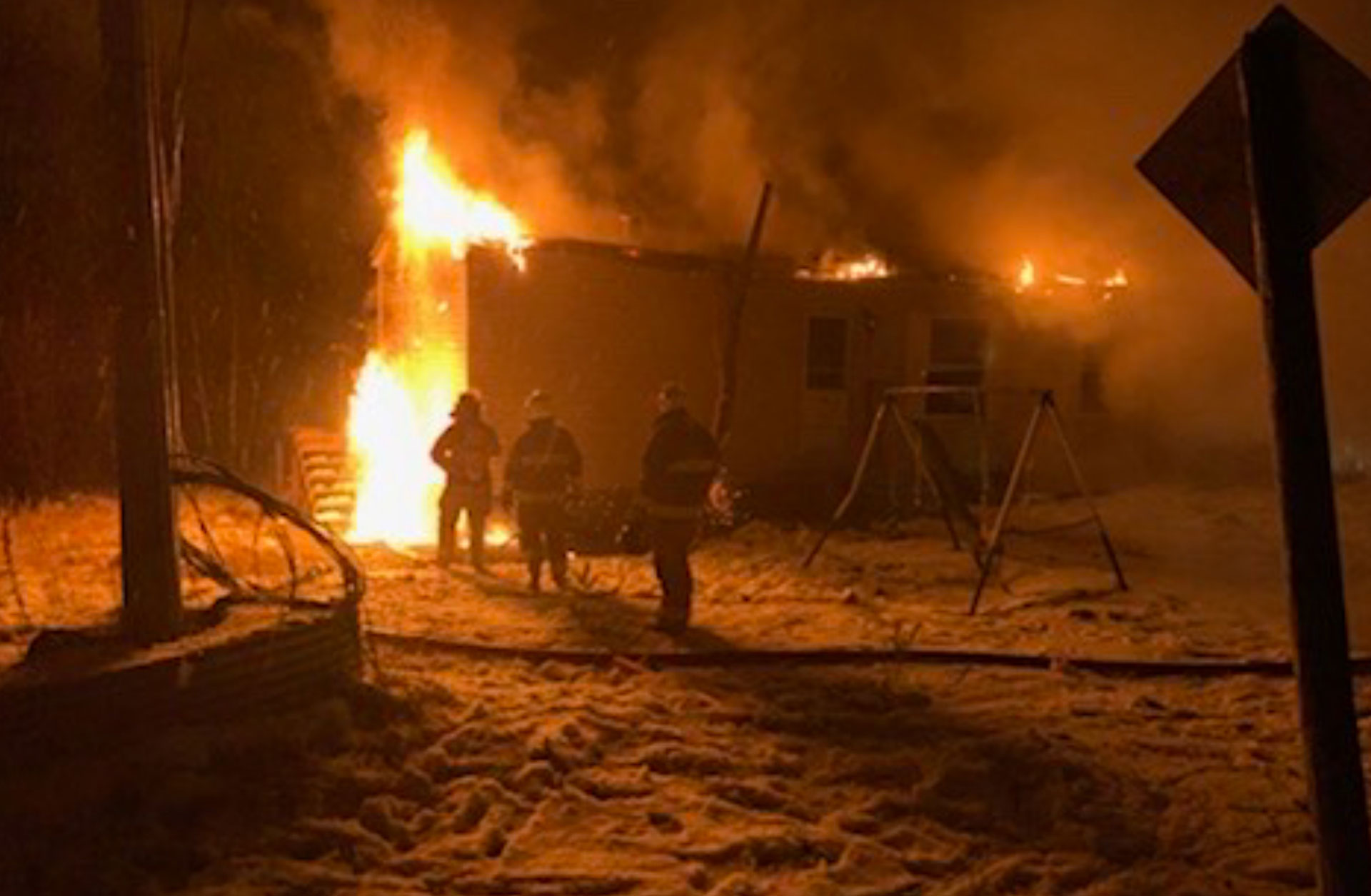
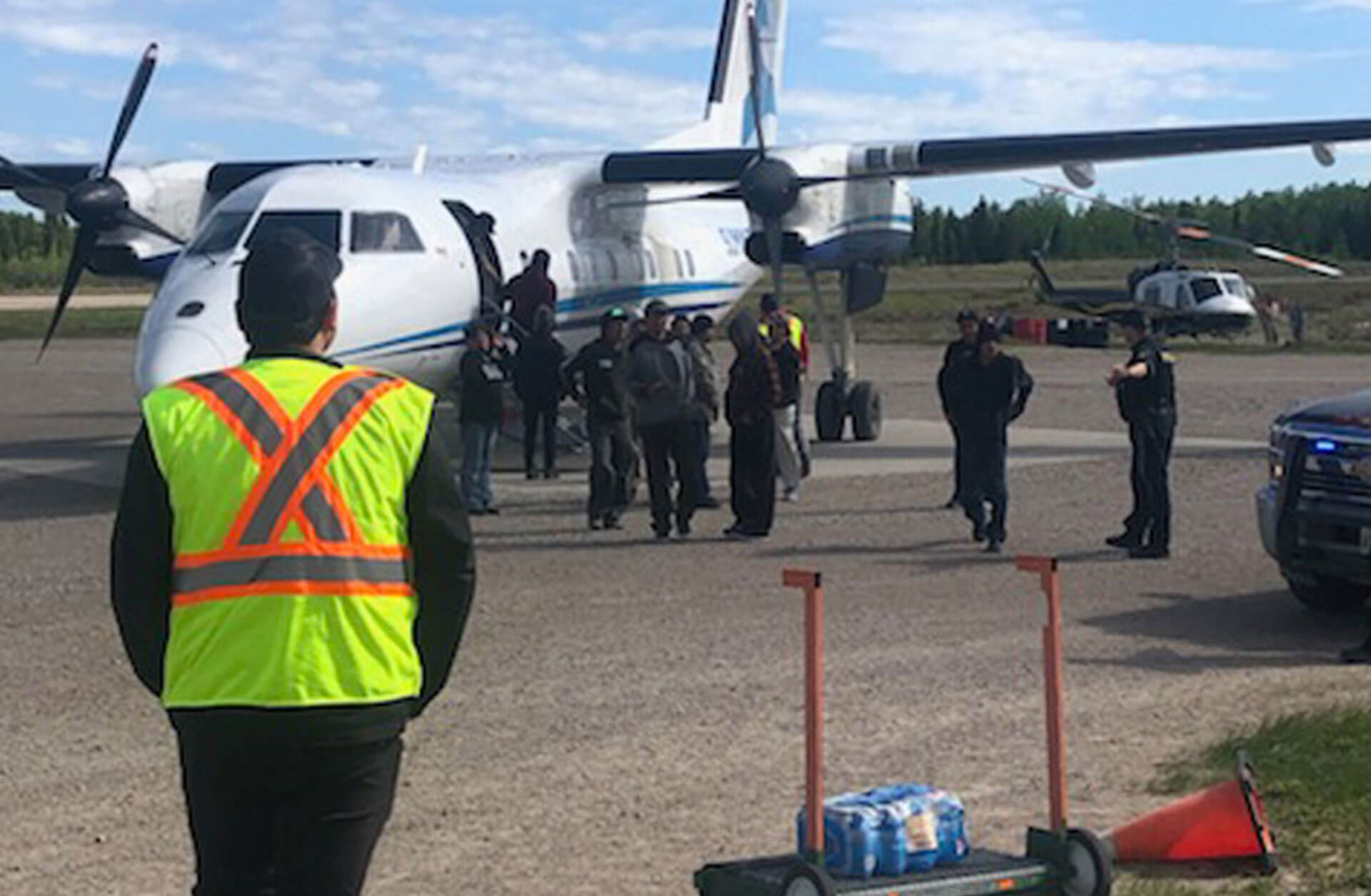
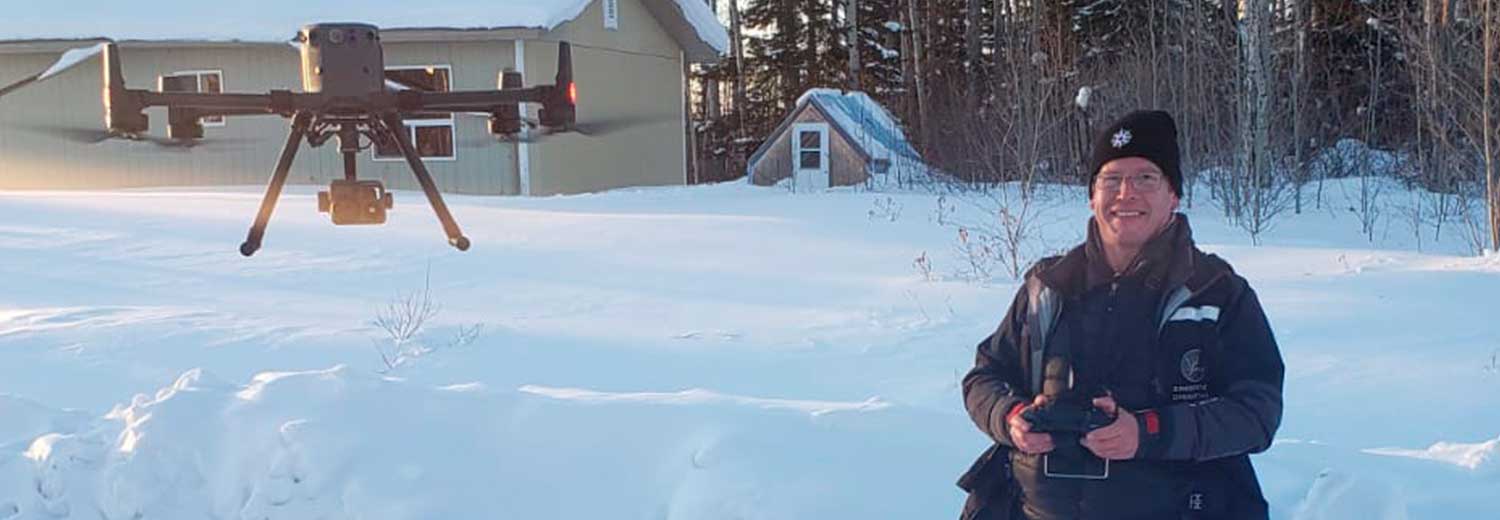
Operational Support & Training
Integrated Emergency Services (IES) provides emergency management training and support to its communities in order to build their capacity and self-reliance. IES staff use their hands-on knowledge and experience to properly equip member communities with procedures and strategies to deploy and respond in the event of an emergency. The program includes:
- Support for communities developing their capacity in all the areas of Integrated Emergency Services:
-
- Administration and Flight/Drone Operations
- Emergency Management
- Regional Fire Rescue
- Paramedic Services Development
- Community Safety and Security
- The administrative headquarters and flight/drone operations support all the other areas within Integrated Emergency Services. The Director, Strategic Advisor and Support Staff oversee planning, program development, and funding proposals. In addition the administrative group directs the EOC when activated.
- Emergency Management will focus ensuring each community has an up to date Emergency Response Plan (ERP) and prioritizing the five emergency management areas:
- Prevention
- Mitigation
- Preparedness
- Response
- Recovery
- Since November 2021 the IFNA Chiefs have authorized the development of a Regional Fire Rescue to ensure support for community Fire Departments at a level that meets their needs. Currently Lac Seul First Nation and Whitesand First Nation have their own independent Departments and Fire Chiefs, while Pikangikum, KI (Big Trout Lake) and Muskrat Dam will be directly supported by IFNA Fire Rescue and will each have a District Chief with centralized training support. A regional training center is also being developed for IFNA communities and beyond.
- Paramedic Services to IFNA communities are currently being reviewed with plans underway for a new model of service that incorporates existing partnerships but also ensures community needs are being met. This work is being done in partnership with Nishnawbe Aski Nation.ed training support. A regional training center is also being developed for IFNA communities and beyond.
- Community Safety focuses specifically on supporting security at the nursing stations and also working cooperatively with police to ensure de-escalation and community driven solutions to community challenges.
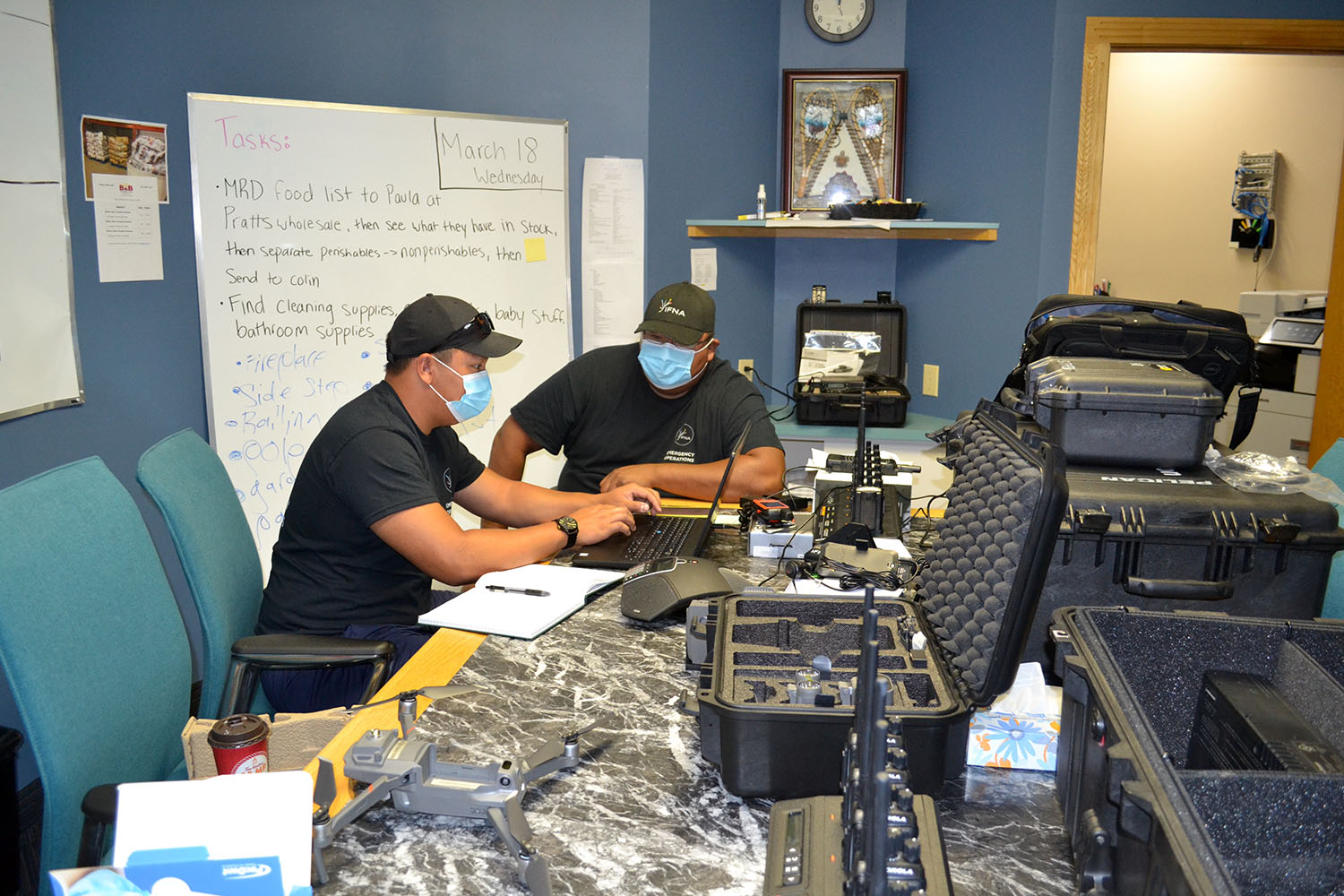
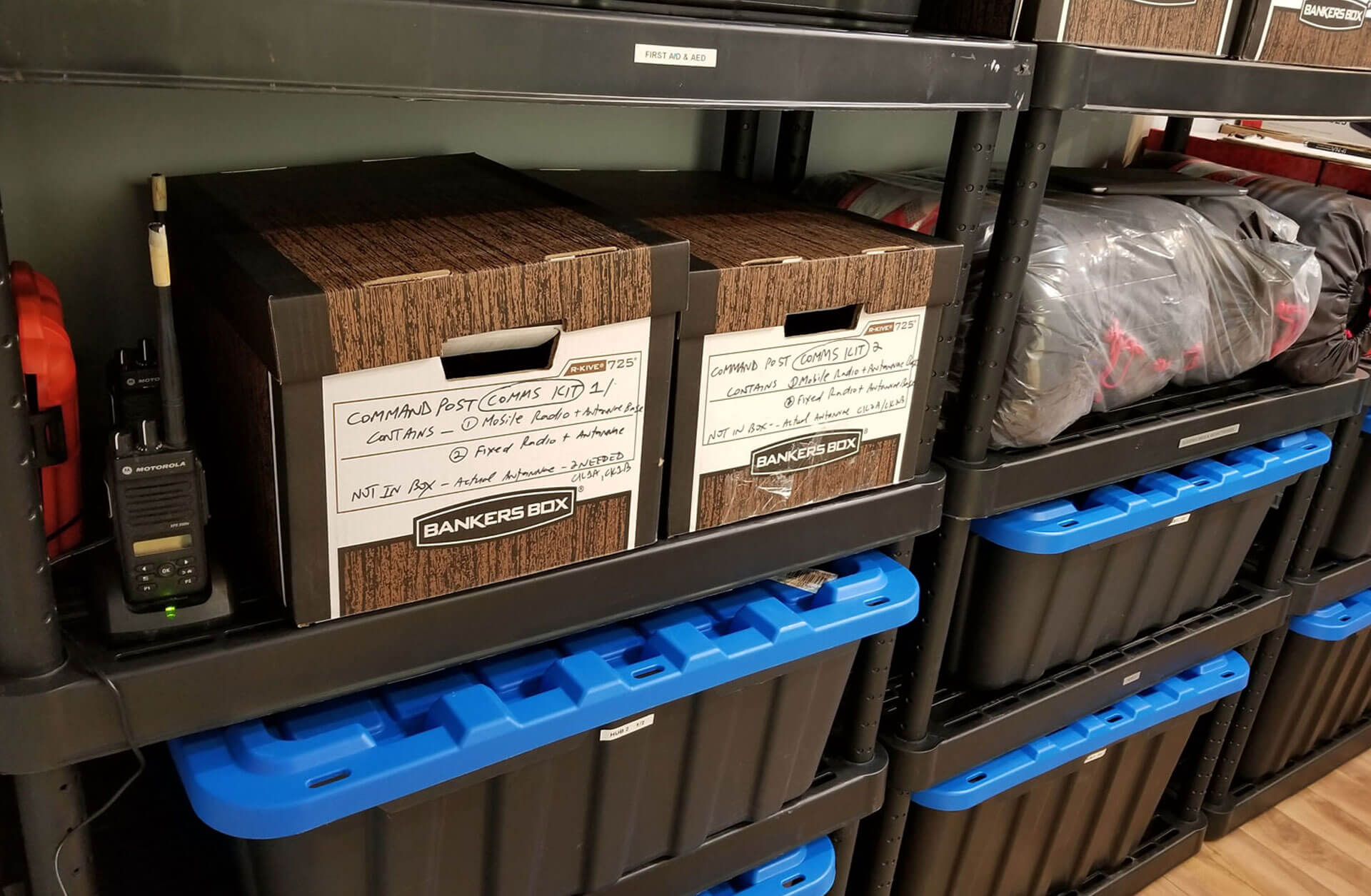
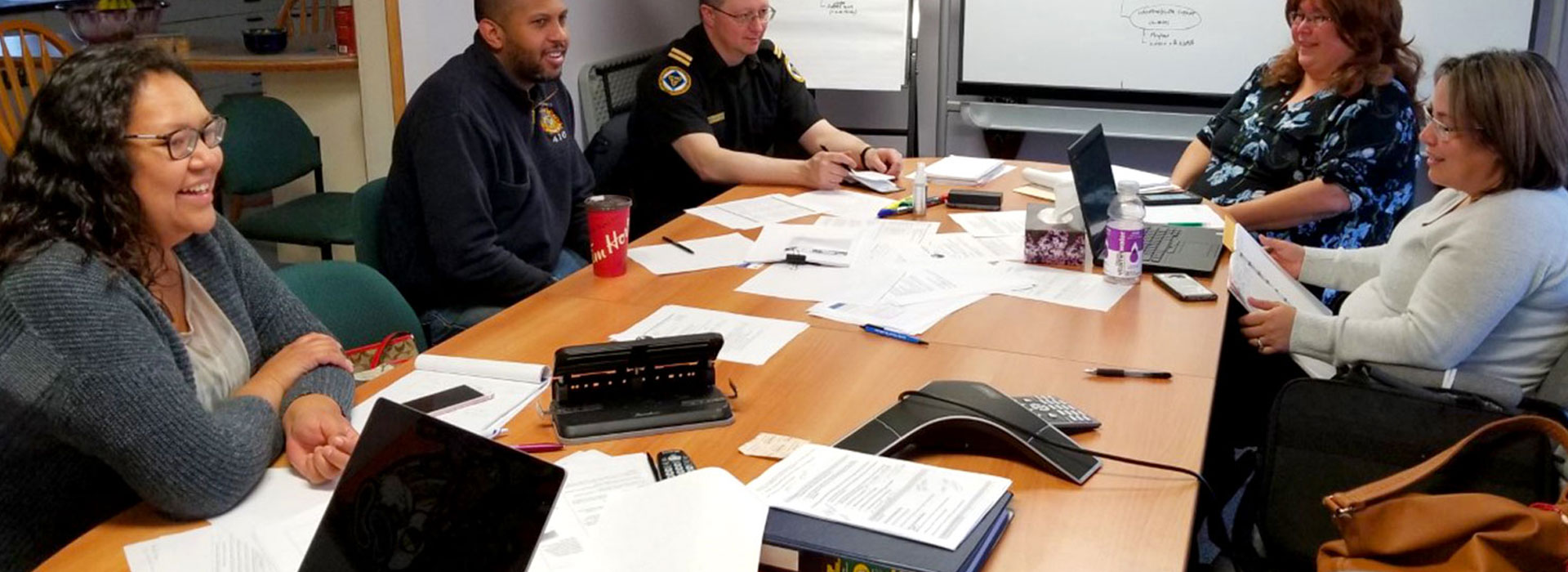
Strategic Operations & Research
As part of the transition to Integrated Emergency Services from Emergency Operations – the team continues to develop, research and test innovative solutions to complex long standing issues. The team also strives to increase preparedness through research, networking and pilot projects that will increase capacity and strengthen resources.
The Integrated Emergency Services team works tirelessly on:
- Development and execution of IFNA managed pilot projects in efforts to benefit community safety through better emergency management and development of response models. Current pilot projects include:
- 24/7 All Hazards Response Team in Lac Seul First Nation
- Shelter-In-Place to test portable heavy-duty air filtration systems which could potentially allow individuals to remain in their community in the event of heavy smoke threat where there is no fire threat.
- Regional leadership and networking;
- Co-chairing the Northern Ontario Emergency Management Working Group;
- Working with stakeholders to pursue the best possible outcomes for IFNA as well as all northern Indigenous communities;
- Developing a research division to ensure best practices are being followed and to ensure funding grants are pursued in areas that will build community emergency capacity (i.e. Jordan’s Principle).
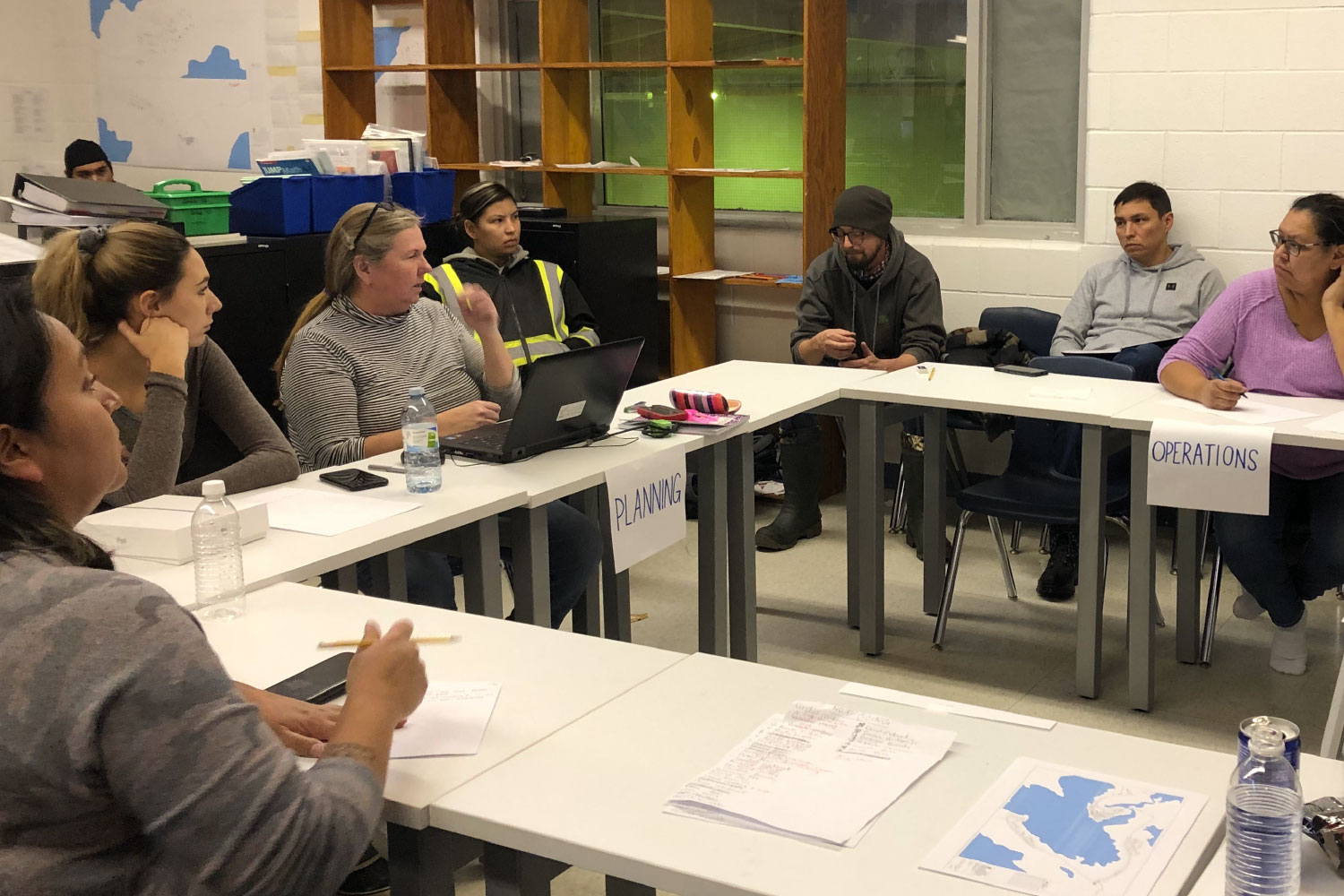
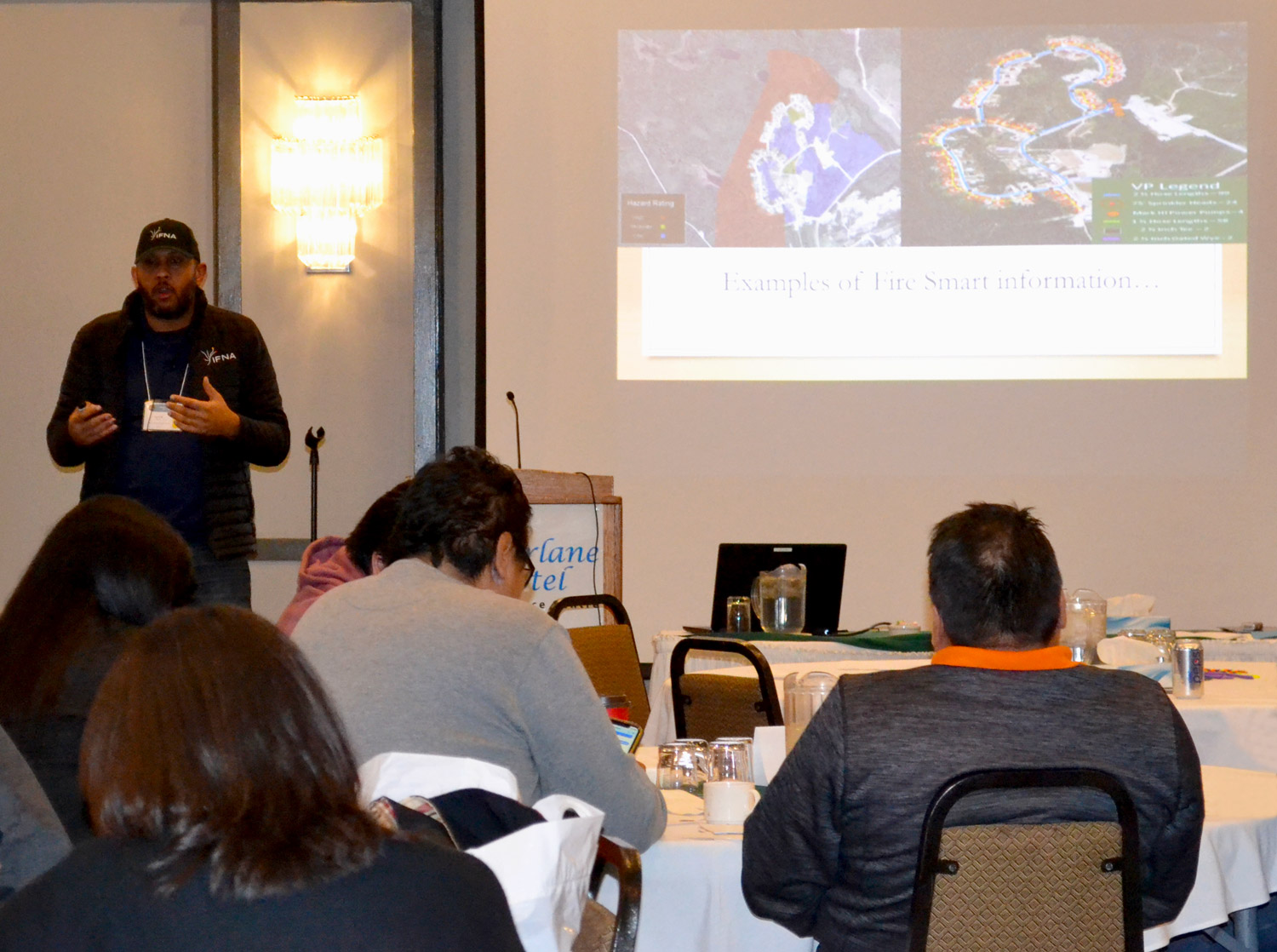
Preparing and equipping our communities for emergencies through ground support, training and research.
-
 Integrated Emergency Services Staff
Integrated Emergency Services Staff














